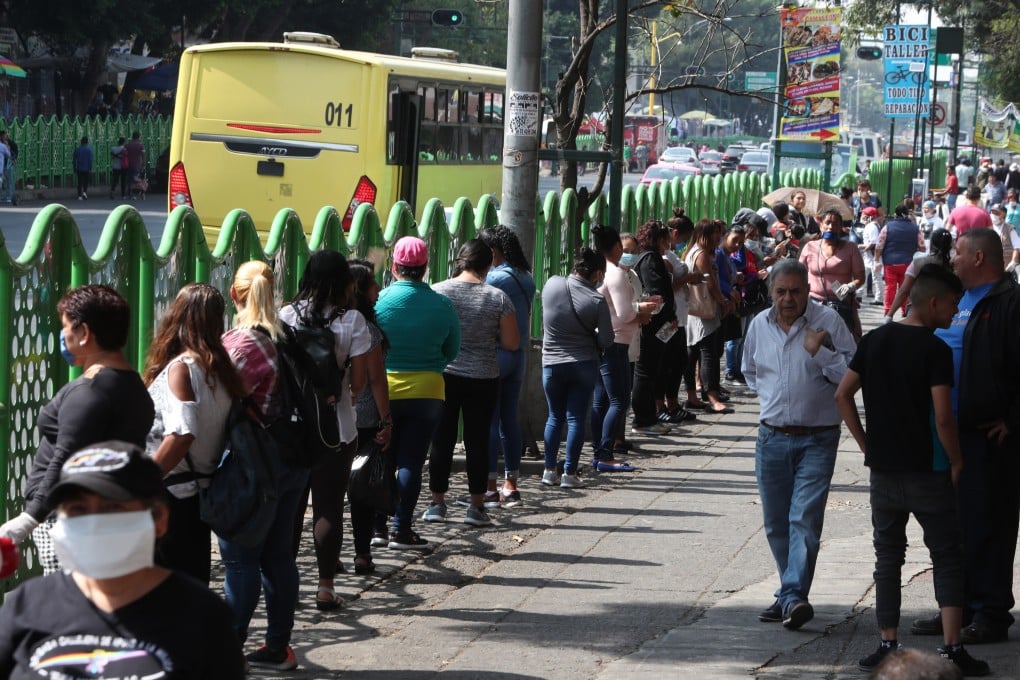Mexico’s sex workers seek employment rights both online and on the streets
- A rights group is seeking the decriminalisation of sex work, its formal recognition as a job, access to social security for those working online and in person
- Sex workers in Mexico City typically encounter discrimination from police, hospitals, prosecutors’ offices and ambulances

Natalia Lane’s work is hybrid – like most jobs these days. So the 34-year-old graduate creates exciting online content for half her day then gives over the rest to in-person services.
“I’ve been a sex worker for 14 years. How much could I have contributed so far towards my social security, a house loan, or a credit?” said Lane, a human rights advocate who switched to sex work to pay for her bachelor’s degree in communications.
“I have nothing to account for the last 14 years of work, unlike the rest of the working class.”
Since the pandemic and ensuing cost of living crisis, she has seen a boom in online sex work – but like fellow sex workers, federal laws bar her from social security and other labour rights.
So on May 7, a group of sex workers launched CLaP!, a first-of-its-kind coalition that wants the decriminalisation of sex work, its formal recognition as a job, and access to social security for those working online and in person.